MotherStories takes you behind the scenes of a birth at Clinique Générale-Beaulieu. Throughout the year, you'll discover our Interviews highlighting the different players present during childbirth and the role of each one before, during and after the birth. Today, we're talking about managing post-partum emotions with Muriel de Muralt, psychologist at Clinique Générale-Beaulieu.

Muriel, please tell us a little about yourself
I'm a psychologist specializing in the development of young children aged 0-3 and in parenting. I've been working at the Clinique Générale-Beaulieu for the past 10 years, where I meet with parents who want a moment to themselves, a moment of exchange.
What's your role?
My role as a psychologist is to enable new parents to share their doubts and fears with each other, leaving them to the maternity ward, so that once they're back home, moms and/or dads can begin their new family adventure more serenely.
Let's not forget that you're not born a parent, you become one! Parenthood is a major upheaval in the life of a woman or a man. Parents often feel helpless in the face of this new little being, and doubt their own parenting skills. And yet, it's a daily learning process in which baby and parents get to know each other, tame each other and forge a bond.
What subjects do you discuss with the mothers/parents who come to see you?
The subjects vary and depend on the parents. We can talk about the birth experience, which is sometimes difficult, or the questions they have about discovering their new role.
Is it normal to experience emotional Ups & Downs postpartum?
Yes, it's perfectly normal. Some mothers sometimes feel that their condition doesn't match the image of the "perfect" birth conveyed by society and social networks. A birth portrayed as a great moment of happiness and immediate connection with her baby. We need to help them get rid of this cliché and the guilt they feel. It's very important for moms to be able to confide in each other, to not be left alone, and to be reassured.
What is baby blues and how long does it last?
Falling hormones are the main cause of baby blues. Between 50 and 80% of young mothers experience it after giving birth. The signs are high emotionality and moodiness. They cry easily, feel sad or are irritable and anxious. They also have trouble sleeping. This condition occurs between the 2nd and 5th day after delivery and lasts for a short time, from a few days to 10 days.
What are the differences between baby blues and post-partum depression?
The differences are the timing of the onset of symptoms, the intensity of symptoms and the duration of this emotional state. Post-partum depression occurs in the year following childbirth, with a peak in the first 3 months. Unlike baby blues, post-partum depression lasts for several weeks, months or even years.
For the record, during pregnancy or in the year following childbirth, post-partum depression affects 1 in 8 women.
Can it affect dads too?
Yes, we don't talk about it much, if at all, but men are also affected by post-partum depression, and the incidence is almost as high as in women. They present the same symptoms, but it's less obvious to detect them because men tend to hide their emotions and it goes unnoticed most of the time.
What advice would you give to a postpartum mom to help her manage her emotions better?
The best way to get through the first few months of adjustment after the birth of a child and avoid sinking is not to forget yourself. You need to take time for yourself, without having to worry about baby, and without feeling guilty! At first, you might ask your partner, a relative or a friend to look after your baby, so you can have a quiet shower or a little nap. Then, when you feel the need, you can visit a friend, go for a walk or simply take time out to do the things you've missed most since becoming a mother.
Don't stay at home alone all day, every day, with your baby. If you're feeling sad or anxious, talk to others about it, and dare to ask for help from family, friends or other healthcare professionals (midwives, pediatricians, obstetricians, psychologists, MotherStories...).
Do you have a memory of a mother you followed that particularly marked you?
I remember walking into a mother's room in tears, overwhelmed by her emotions. She felt guilty for not having felt joy and love immediately after the birth of her baby.
I reassured her that this "unconditional love" everyone talks about doesn't always happen immediately after childbirth, that she's not alone in feeling this way, but that it's difficult to verbalize it for fear of being judged. I try to soothe her by explaining that this bond will build up little by little.
Eventually, I got her to pay attention to how her baby was attracted to her voice and face. It was only when she realized this that she broke down in tears, this time of joy.
These moments often bring comfort to moms who doubt their parenting skills. In general, these simple steps are enough to soothe moms and enable them to accept their emotions without feeling guilty. Most of them don't need to consult again once they're back at home, although I'm always available if they feel the need.
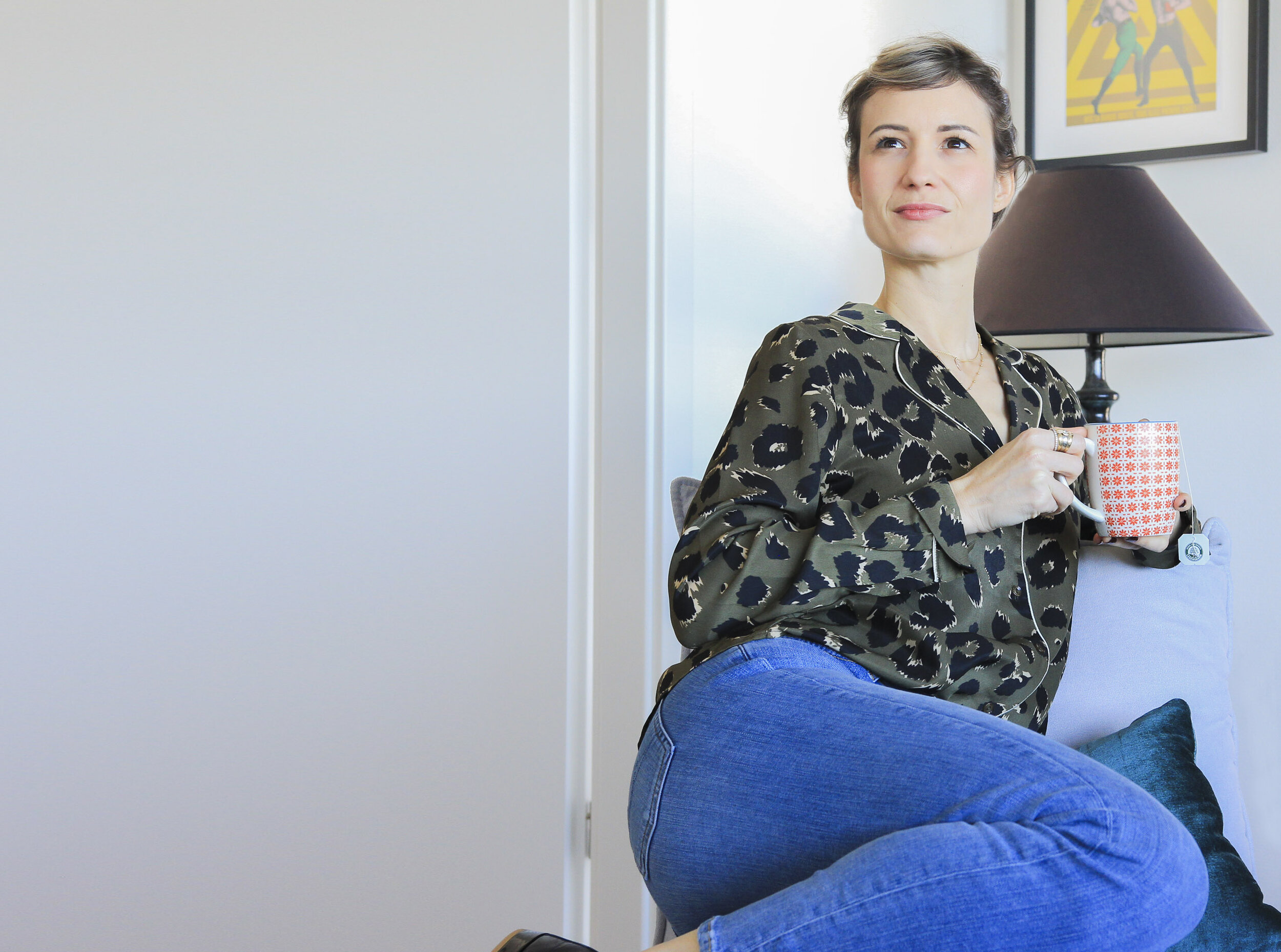
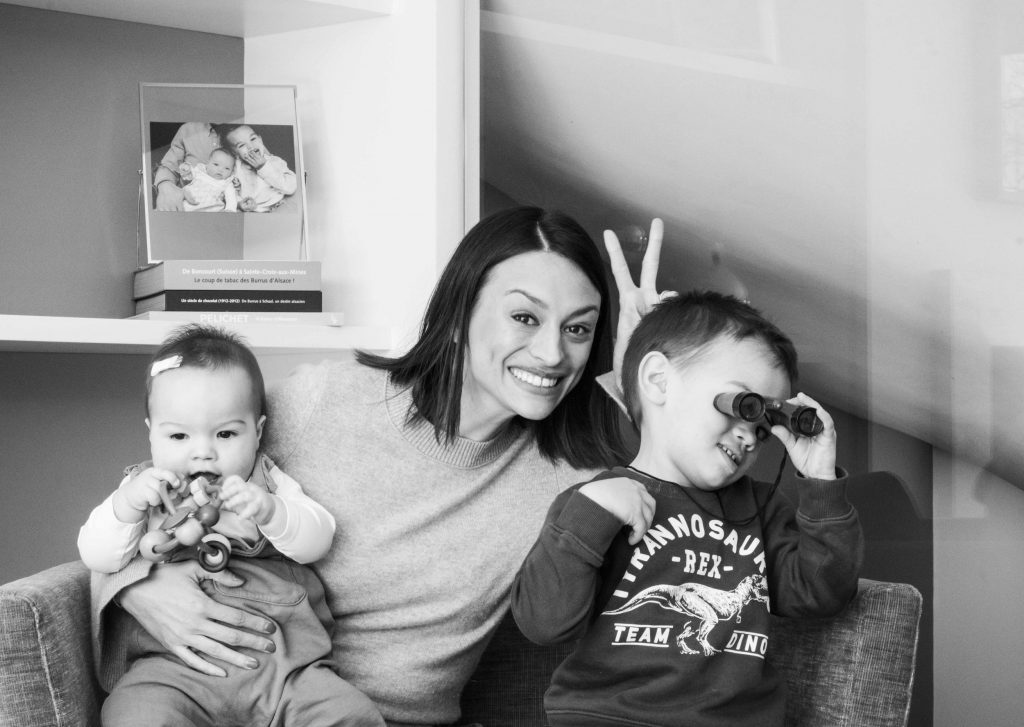


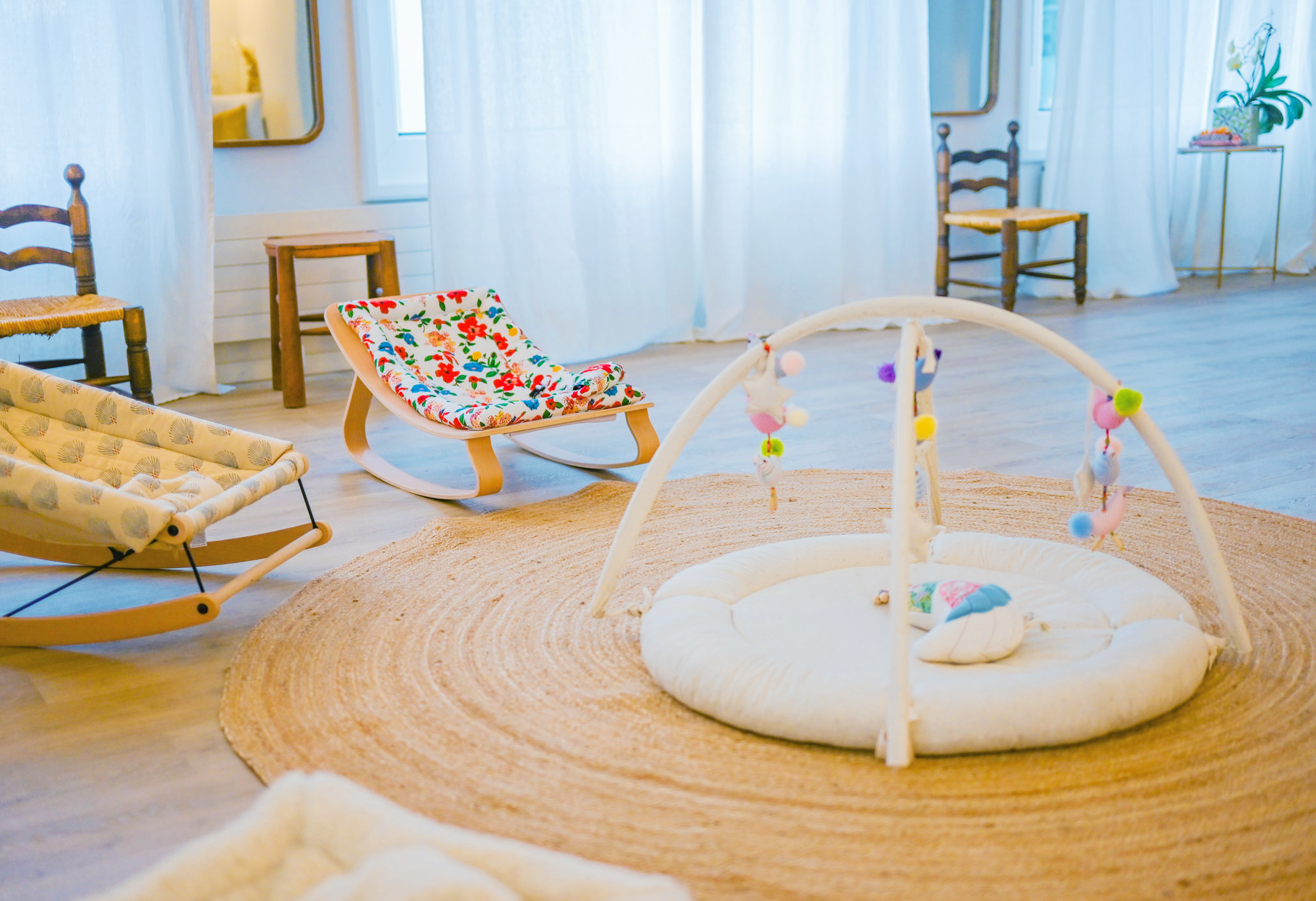

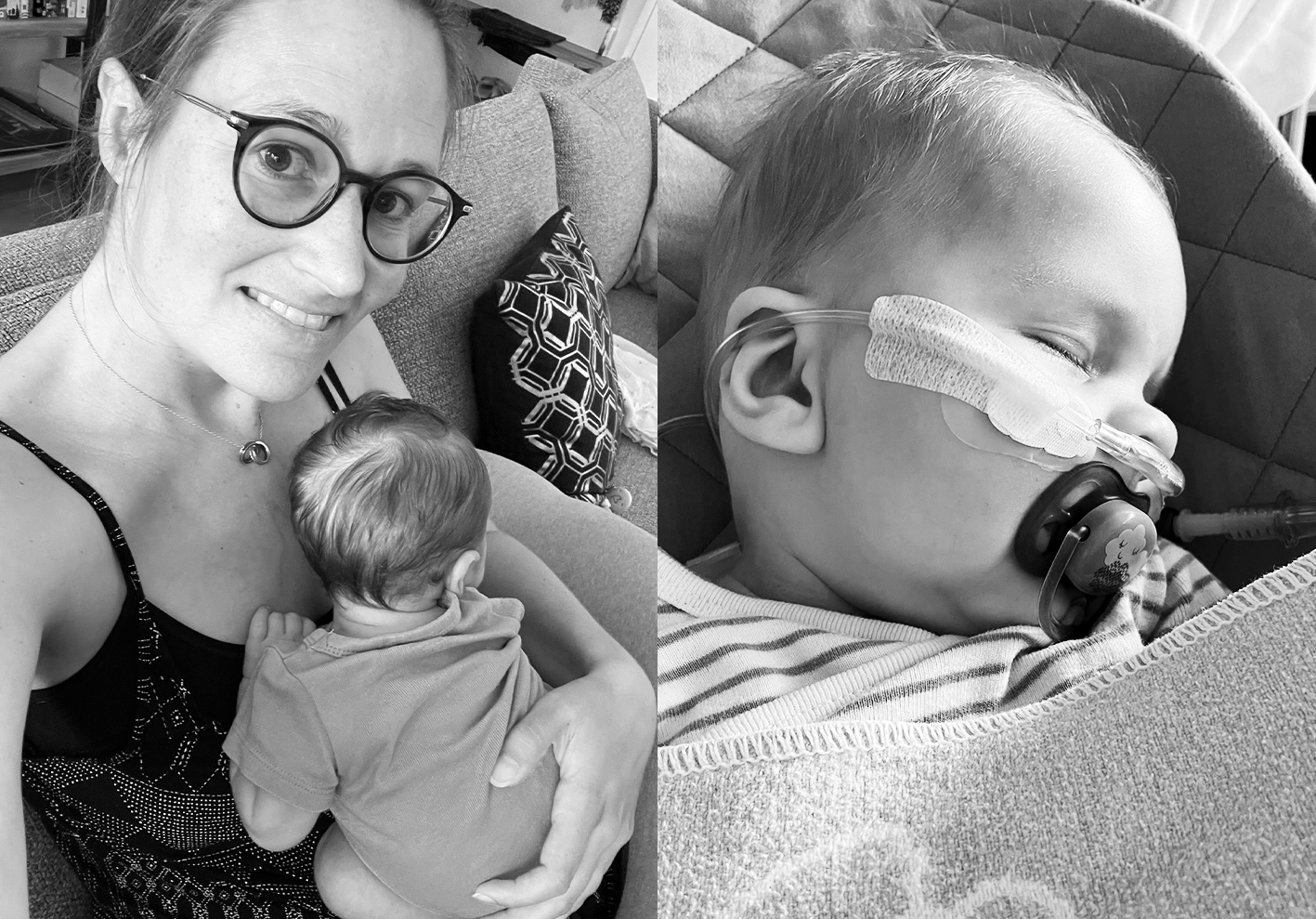
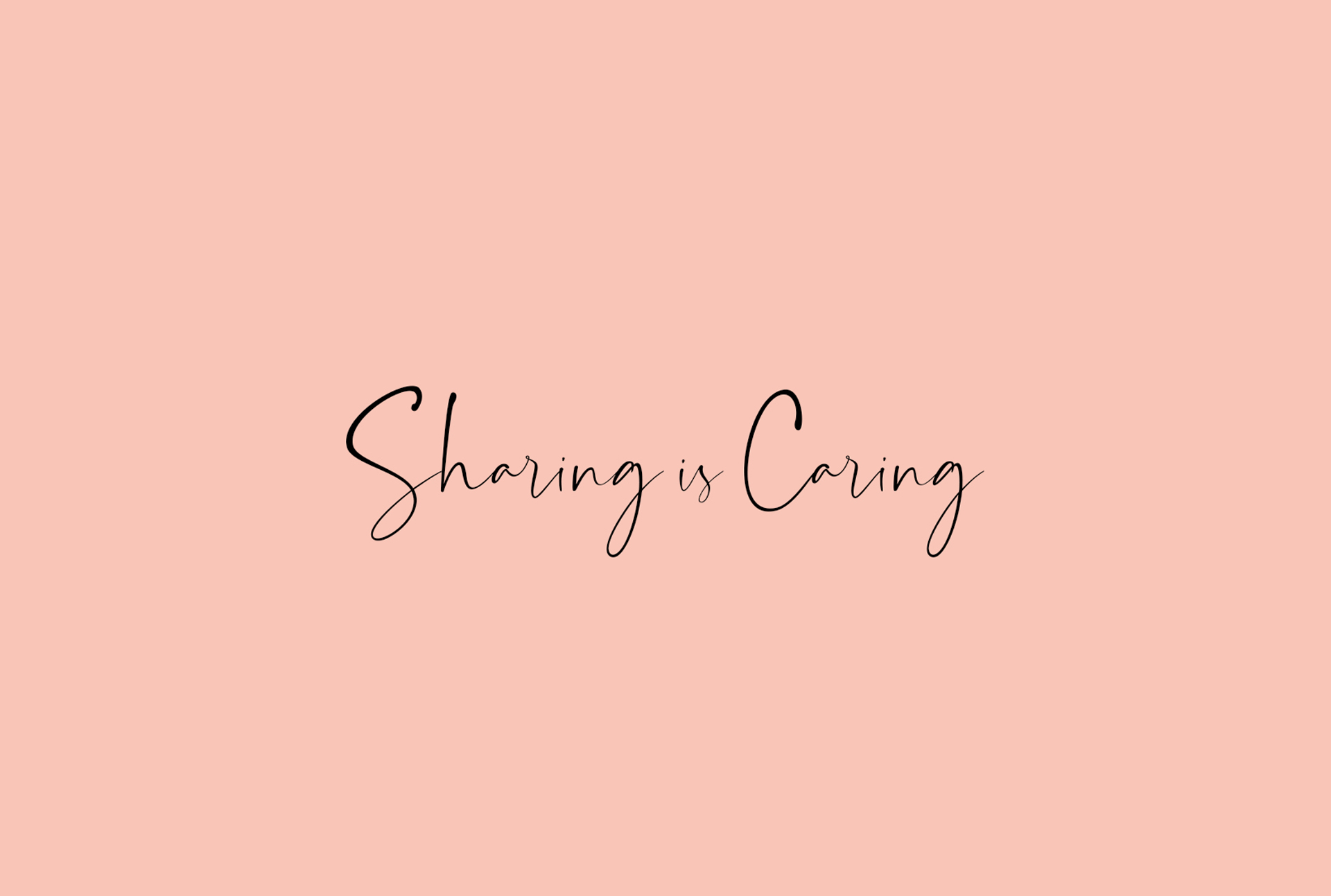
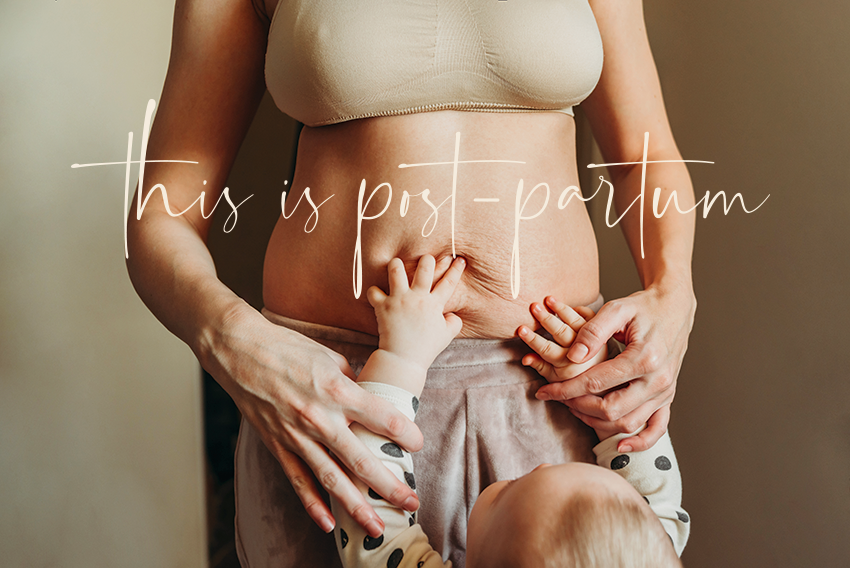



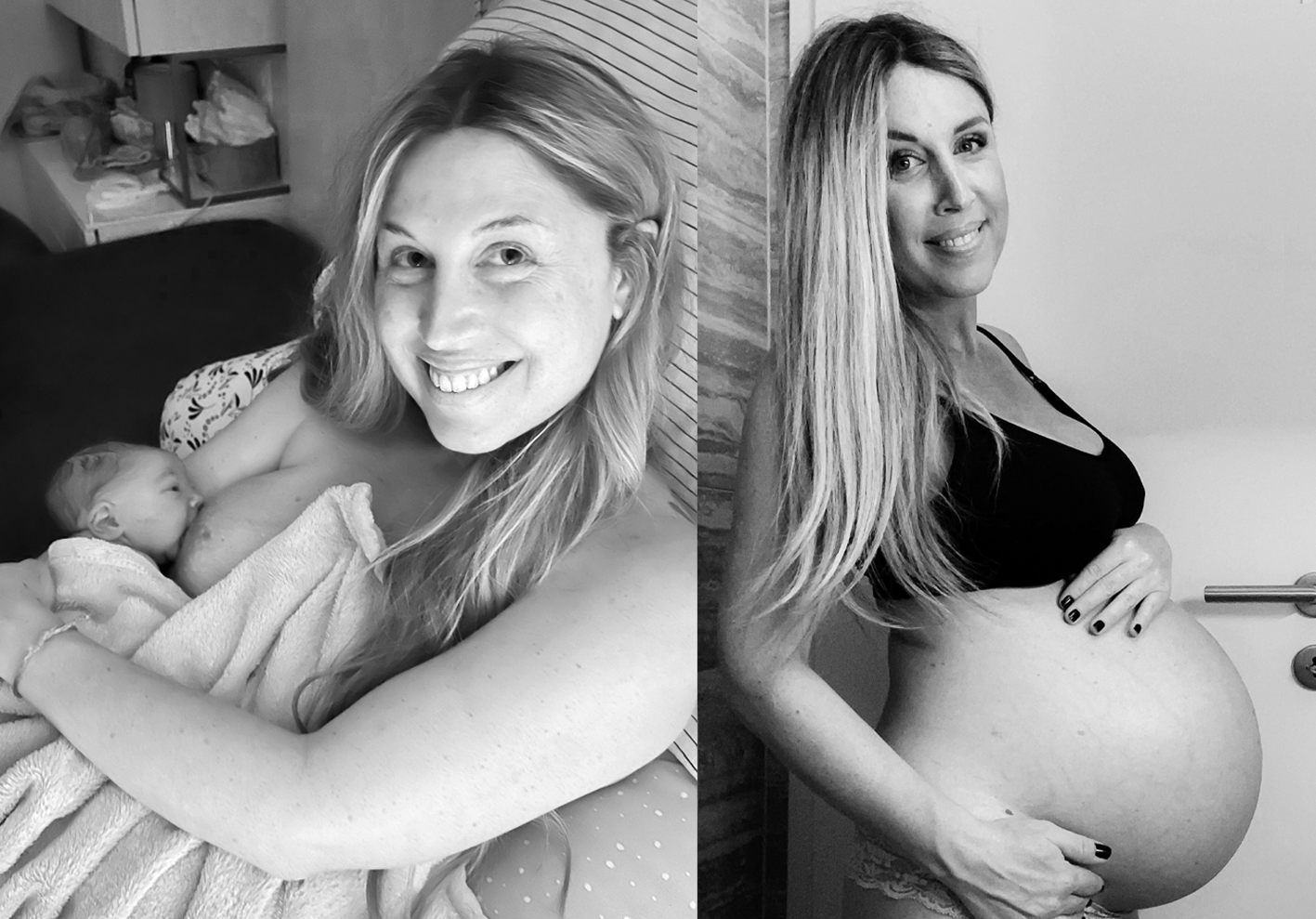
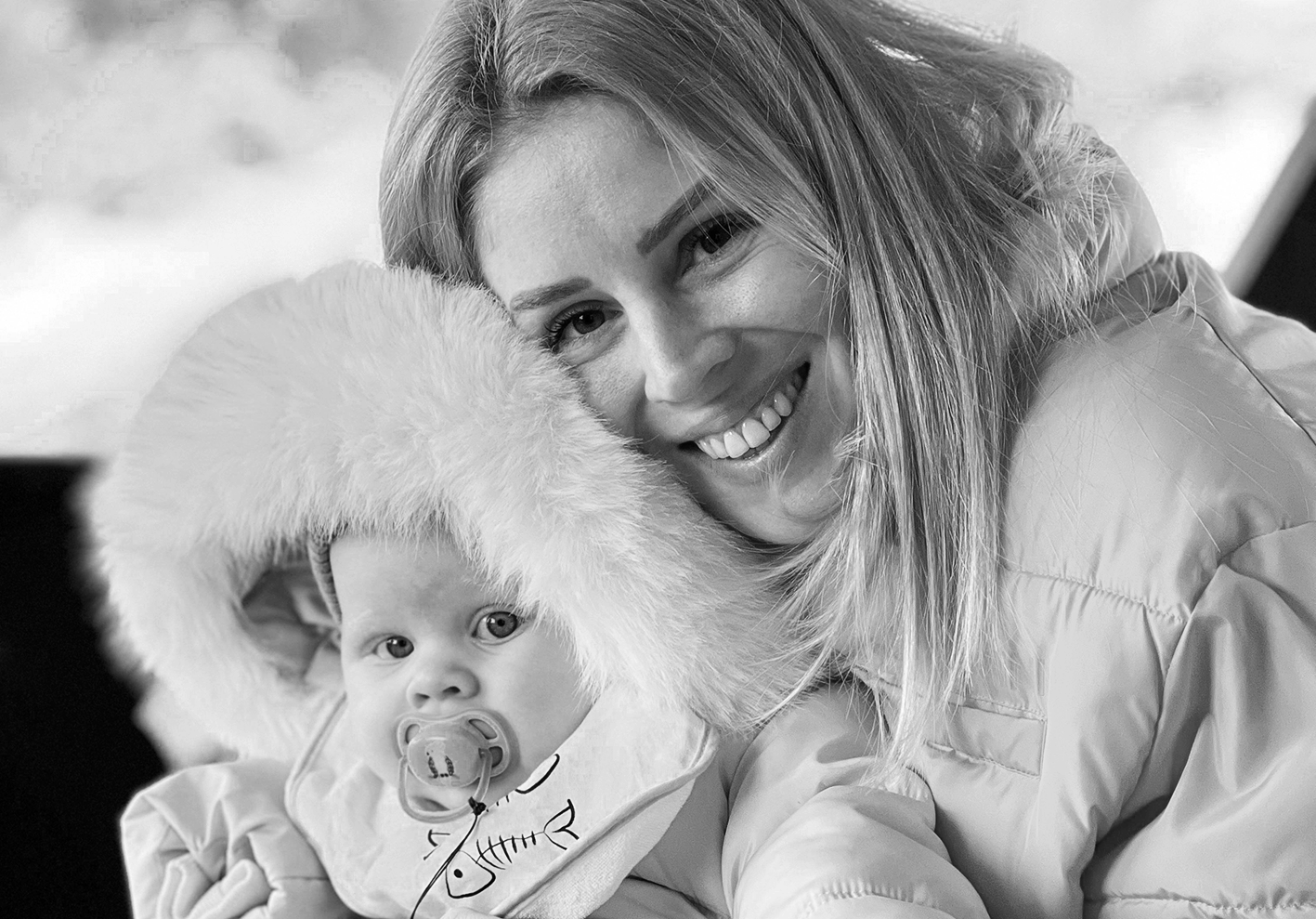



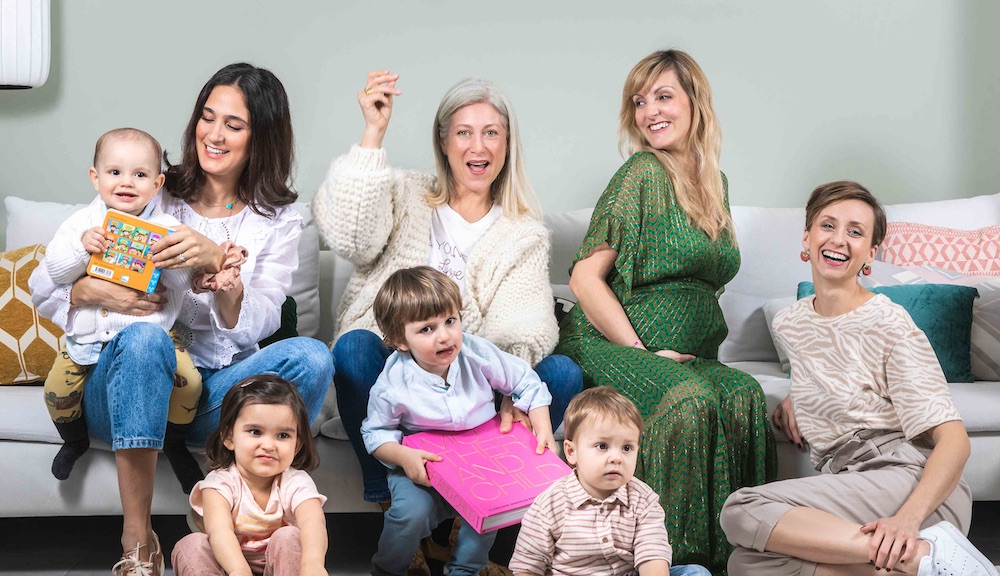


Share this article